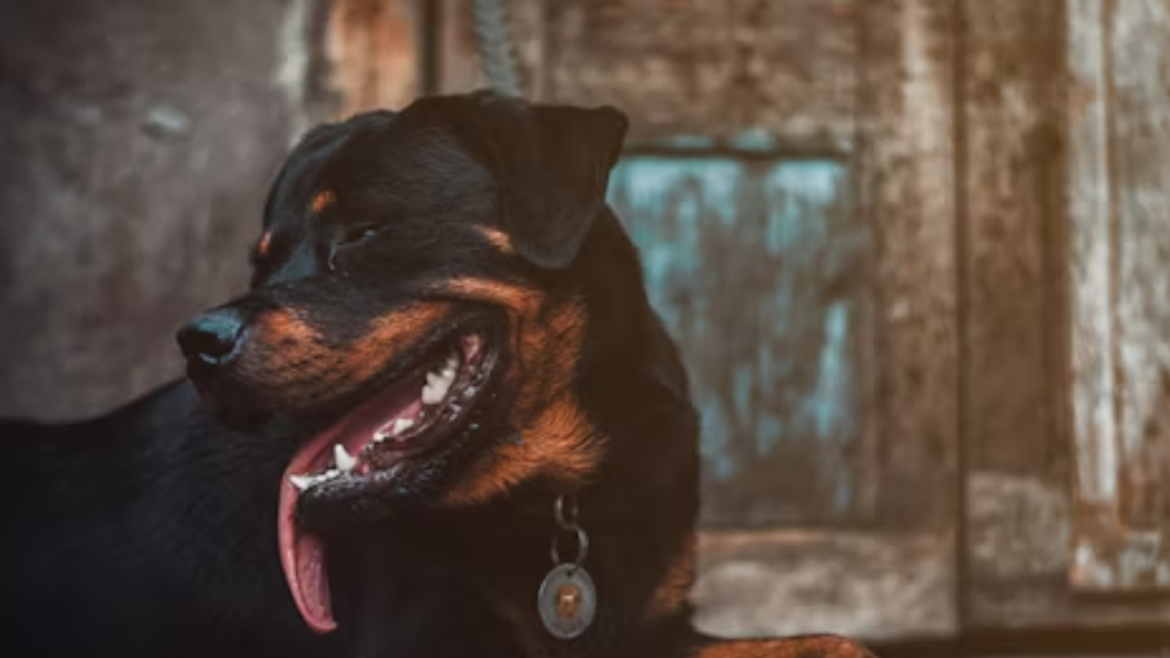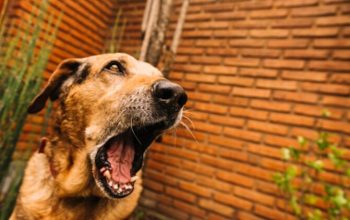Training a reactive dog can be a challenging yet rewarding journey for pet owners. Reactive dogs often exhibit behaviours like barking, lunging, or snapping at triggers such as other animals, people, or specific situations.
In Toronto, a bustling city with diverse stimuli, managing and training a reactive dog requires specialized strategies to ensure success. This article explores proven methods to help Toronto-based dog owners transform their reactive pets into calm, confident companions.
1. Understand Your Dog’s Reactivity
The first step in addressing reactivity is understanding what triggers your dog’s behaviour. Various factors, such as fear, anxiety, or frustration, can cause reactivity. Common triggers include other dogs, people, or specific environments. Observing your dog’s reactions and identifying these triggers will help you tailor your training approach to their needs.
2. Utilize Positive Reinforcement
Positive reinforcement is a cornerstone of successful dog training. Reward-based training encourages desired behaviours and helps build a positive association with previously stressful situations. For example, if your dog remains calm when encountering a trigger, reward them with treats, praise, or playtime. In Toronto, you can visit local dog-friendly parks or neighbourhoods to practice and reward calm behaviour in real-world settings.
3. Gradual Desensitization
Desensitization involves gradually exposing your dog to their triggers at a distance and in a controlled manner. Start with a low-intensity version of the trigger and slowly increase exposure as your dog becomes more comfortable. In Toronto, you might begin training in quieter, less crowded areas before progressing to busier locations. This method helps reduce your dog’s reactivity over time by allowing them to adjust at their own pace.
4. Professional Training Classes
Enrolling in a class for reactive dog training in Toronto can be highly beneficial for both you and your reactive dog. Look for classes in Toronto specializing in reactive dog training or offering behavior modification programs. Experienced trainers, such as those from the training center in Toronto, can provide the best dog training in Toronto with personalized guidance and support to help manage your dog’s reactivity. Classes also offer a controlled environment for socialization and training, allowing your dog to interact with others in a structured setting.
5. Use Management Tools
Management tools, such as no-pull harnesses and head halters, can help control your dog’s reactions during walks and outings. These tools provide better control and reduce the risk of sudden outbursts. Additionally, using a long leash can allow your dog to explore while maintaining control. Ensure the tools are used correctly and in conjunction with positive reinforcement for the best results.
6. Create a Safe Space
Providing a safe space at home where your dog can retreat when feeling overwhelmed is essential. This space should be quiet and comfortable, free from any triggers. A dedicated area with their bed, toys, and water can help them feel secure and reduce anxiety. In a bustling city like Toronto, having a safe haven can be particularly beneficial in helping your dog relax.
7. Stay Consistent and Patient
Training a reactive dog requires consistency and patience. Establish a routine and stick to your training plan, even when progress seems slow. Reactivity can take time to manage effectively, and setbacks are normal. Celebrate small victories and remain patient throughout the process. Consistency in your approach will build trust and help your dog make steady progress.
8. Seek Support from Local Resources
Toronto offers a variety of resources for dog owners, including veterinary behaviourists, dog trainers, and support groups. Utilize these resources to gain additional insights and support for your training efforts. Engaging with local dog communities and online forums can provide valuable tips and encouragement from fellow pet owners who have faced similar challenges.
Conclusion
Training a reactive dog in Toronto presents unique challenges due to the city’s vibrant and stimulating environment. However, with a thoughtful approach and the right strategies, you can help your dog manage their reactivity and enjoy a more balanced life. By understanding triggers, using positive reinforcement, and seeking professional support, you’ll be well on your way to achieving success with your reactive dog. Remember, patience and consistency are key to creating a positive and effective training experience.

